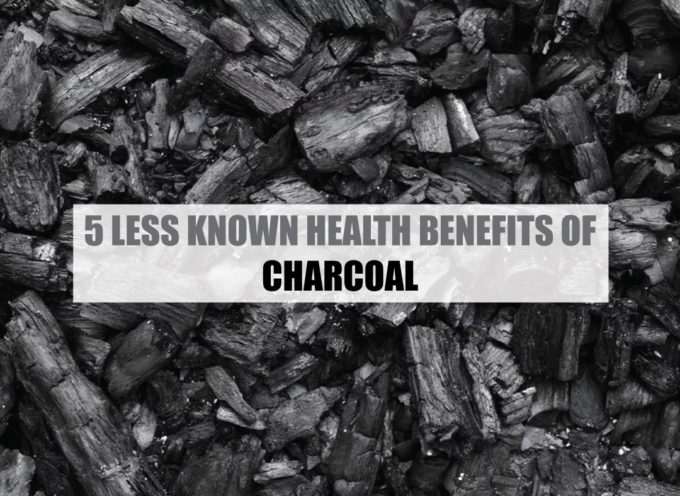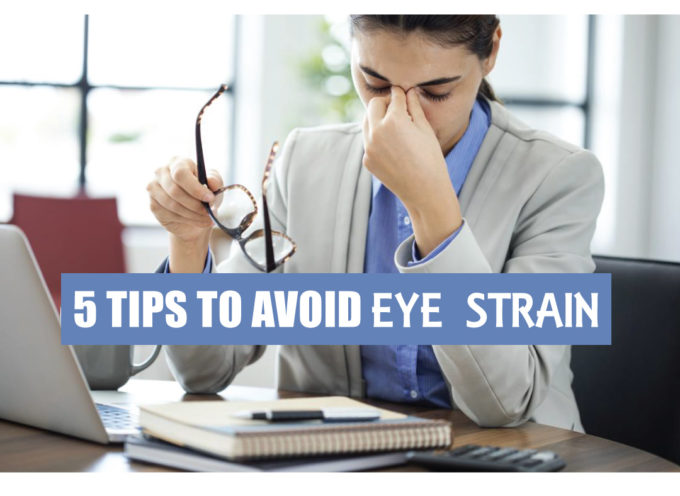If you’ve never had a hernia before, you may not know exactly what they are or think of it as just another type of muscle pull. But they’re a bit more serious than that. In simplest terms, a hernia is a hole in the muscle layer. Through that hole, tissue that belongs in the abdomen can bulge through. Here’s everything else you need to know about hernia.

THERE ARE MORE THAN 1 TYPE
There are several types of hernias, but the most common is inguinal hernia. Another common type of hernia is congenital hernia, which is a weakness someone is born with! Abdominal wall weakness that leads to a hernia can also develop later in life when muscles weaken due to aging, improper physical activity or too much of coughing.
EVEN LIFTING HEAVY CAN CAUSE ONE
Heavy lifting or any activity or medical issue that increases the pressure on the tissue in the belly wall and muscles may cause or aggravate a hernia, including straining during urination or bowel movements, excess weight and chronic coughing or sneezing.
THE MORE SEVERE, THE MORE COMPLICATIONS
Hernias can be quite small and of no major concern or they can be very large disrupting the bowel. Large, unrepaired hernias can put pressure on surrounding tissues and in men, can extend into the scrotum causing pain and swelling! If a loop of intestine gets trapped in the abdominal wall, it can obstruct the bowel, leading to nausea, vomiting and being unable to have bowel movements or pass gas.

OBESITY IS A BIG RISK
When you’re too overweight, your abdominal pressure is already high! But being obese doesn’t just put you at risk of developing a hernia, it can complicate repairing a hernia and make it likely you’ll develop another one later. The ideal weight for fixing a hernia is under 90kg, depending on your height too. If a patient is obese, doctor would find a way for you to lose weight fast because the risk of infection is much higher.
SURGERY IS THE ONLY WAY
There are different techniques. Just because you have a muscle weakness in your abdomen or have a hernia doesn’t necessarily mean you have to have surgery now! For small hernias that aren’t causing much discomfort or symptoms and are at a low risk of, you should first watch it, look for bulging or pain. But if it’s symptomatic, it really should be fixed.








No comments!
There are no comments yet, but you can be first to comment this article.